Words That Plant Forests: The Role of Copywriting in Promoting Sustainable Practices
Theme chosen: The Role of Copywriting in Promoting Sustainable Practices. Welcome to a space where language becomes a lever for environmental change, turning everyday messages into meaningful actions that reduce waste, conserve energy, and inspire community momentum.

Understanding Behavior: How Copy Nudges Sustainable Choices
A headline that says “Join 12,000 neighbors who reuse” harnesses social proof and reduces hesitation. Pair it with a clear first step and a minimal commitment, and you turn curiosity into a repeatable, sustainable behavior.


Storytelling That Makes Green Feel Personal
Instead of “30% waste reduction,” try “Maya kept a glass jar on her counter and watched plastic wrappers stop piling up.” Specific, sensory details translate distant numbers into tangible, memorable change.
Storytelling That Makes Green Feel Personal
Give your story a hero, a hurdle, and a transformation. A commuter trades a 20-minute drive for a brisk bike ride, beats the rain once, and never looks back. Readers imagine themselves succeeding too.

Prove It With Specifics
Replace vague phrases like “eco-friendly packaging” with measurable claims: “Boxes made from 80% post-consumer fiber; inks are water-based; tape is paper, not plastic.” Specificity disarms skepticism and rewards attentive readers.
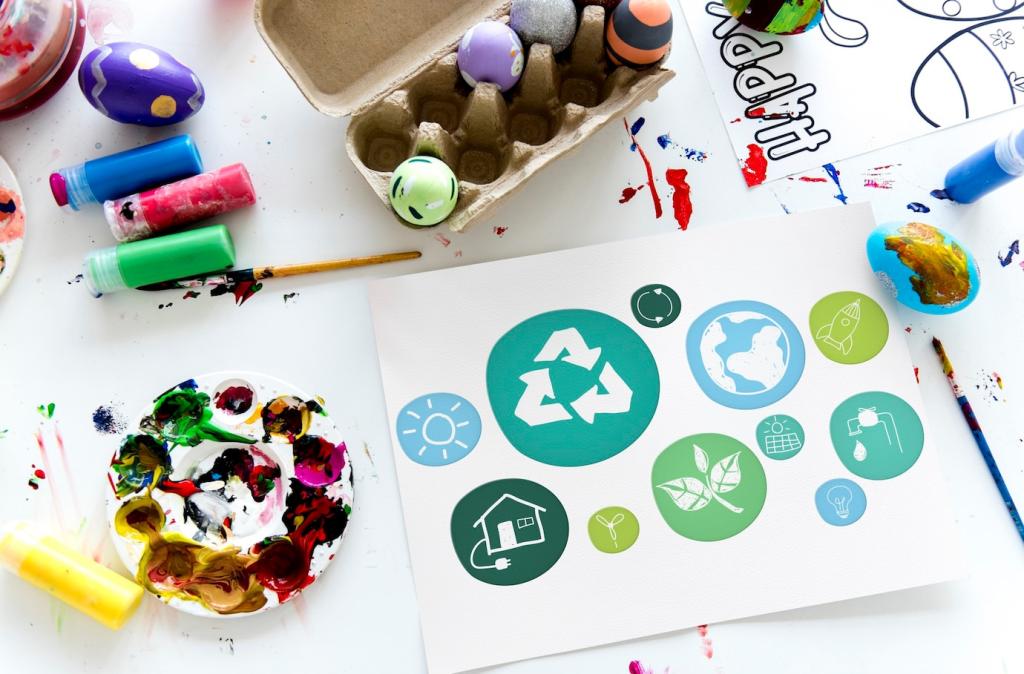
Name Recognized Standards
Refer to respected certifications and methodologies where appropriate. Linking to lifecycle assessments or independent audits signals that your promises are verifiable, not just aspirational or convenient marketing language.
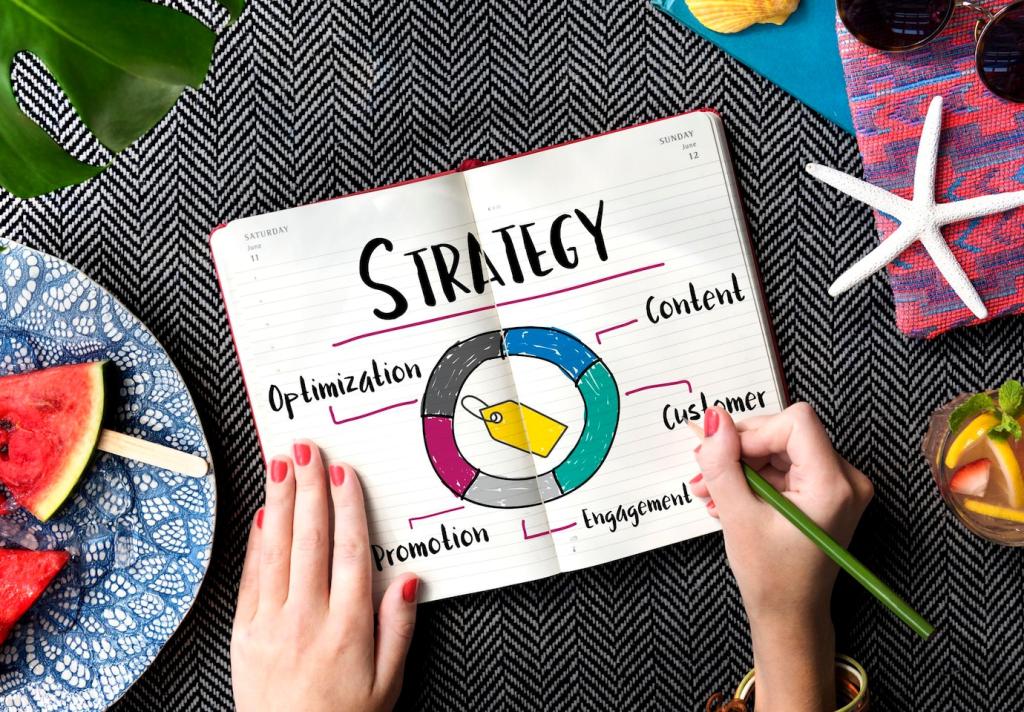
Be Transparent About Imperfections
If your product still uses a plastic component, say so, and explain your roadmap. Readers appreciate candid progress updates—and they will return for honest milestones if you invite them to follow along.
Voice and Tone: Hopeful, Practical, and Human
Hopeful, Not Scolding
Shame paralyzes; hope mobilizes. Lines like “You’re one refill away from saving another bottle” celebrate progress and reinforce identity. Celebrate small wins often, and readers will return for the next step.
Local Language, Global Impact
Use terms that resonate regionally—bus pass, transit card, bottle depot—while connecting actions to broader impact. Readers should feel seen in their neighborhood and empowered as part of a worldwide movement.
Microcopy That Matters
Labels and tooltips are persuasive moments. A compost bin note saying “Food scraps become soil in 60 days” beats “Organic waste only.” Tiny lines, repeated daily, shape enduring, sustainable habits.
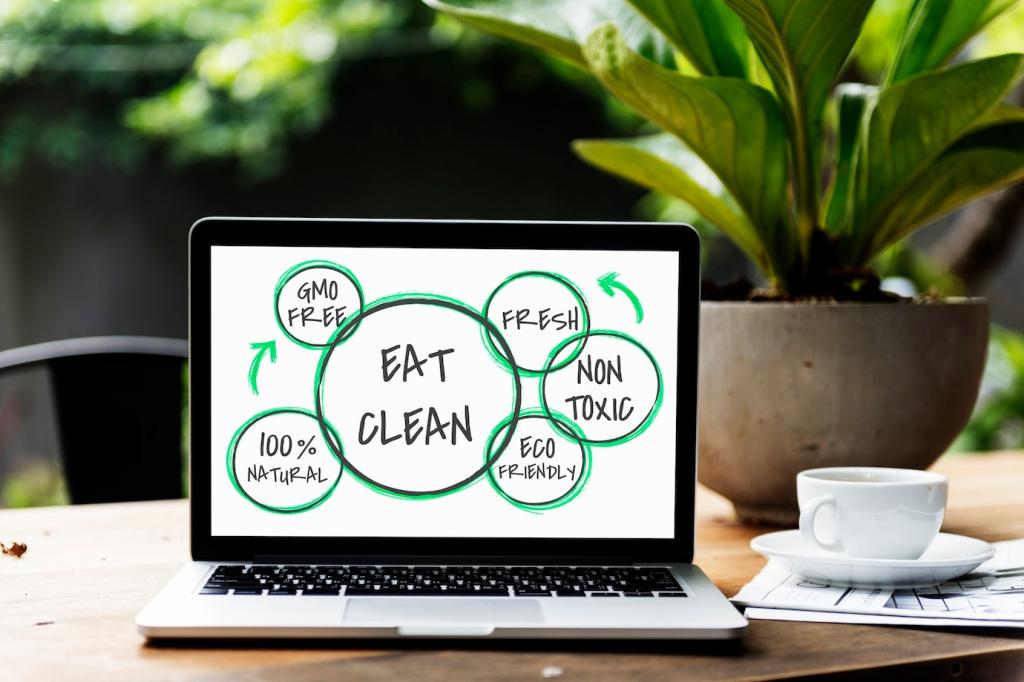
Calls to Action That Drive Real-World Impact
Swap “Support sustainability” for “Bring your mug tomorrow” or “Switch your default to e-receipts.” Concrete verbs remove guesswork and transform agreement into measurable behavior change that compounds over time.
Pair CTAs with instant gratification: a counter showing bottles saved, a thank-you email tracking carbon avoided, or a badge for monthly refills. Feedback loops reinforce pride and repeat engagement.
Add directional copy: “Tap here to opt out of packaging,” “Show this QR code at the refill bar,” “Set your pickup day now.” Clarity eliminates hesitation and sustains momentum.

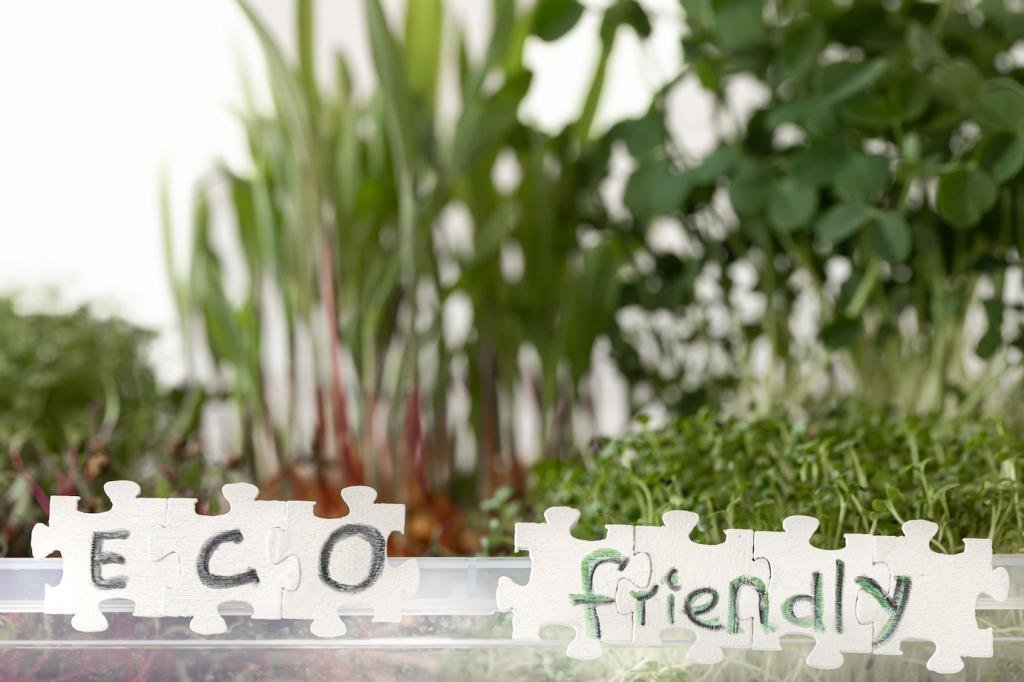
Use tight, benefit-led lines: “Skip the plastic, keep the flavor,” or “One switch, 12 bottles saved.” Preheaders can add proof points, while body copy tells the short story behind the change.
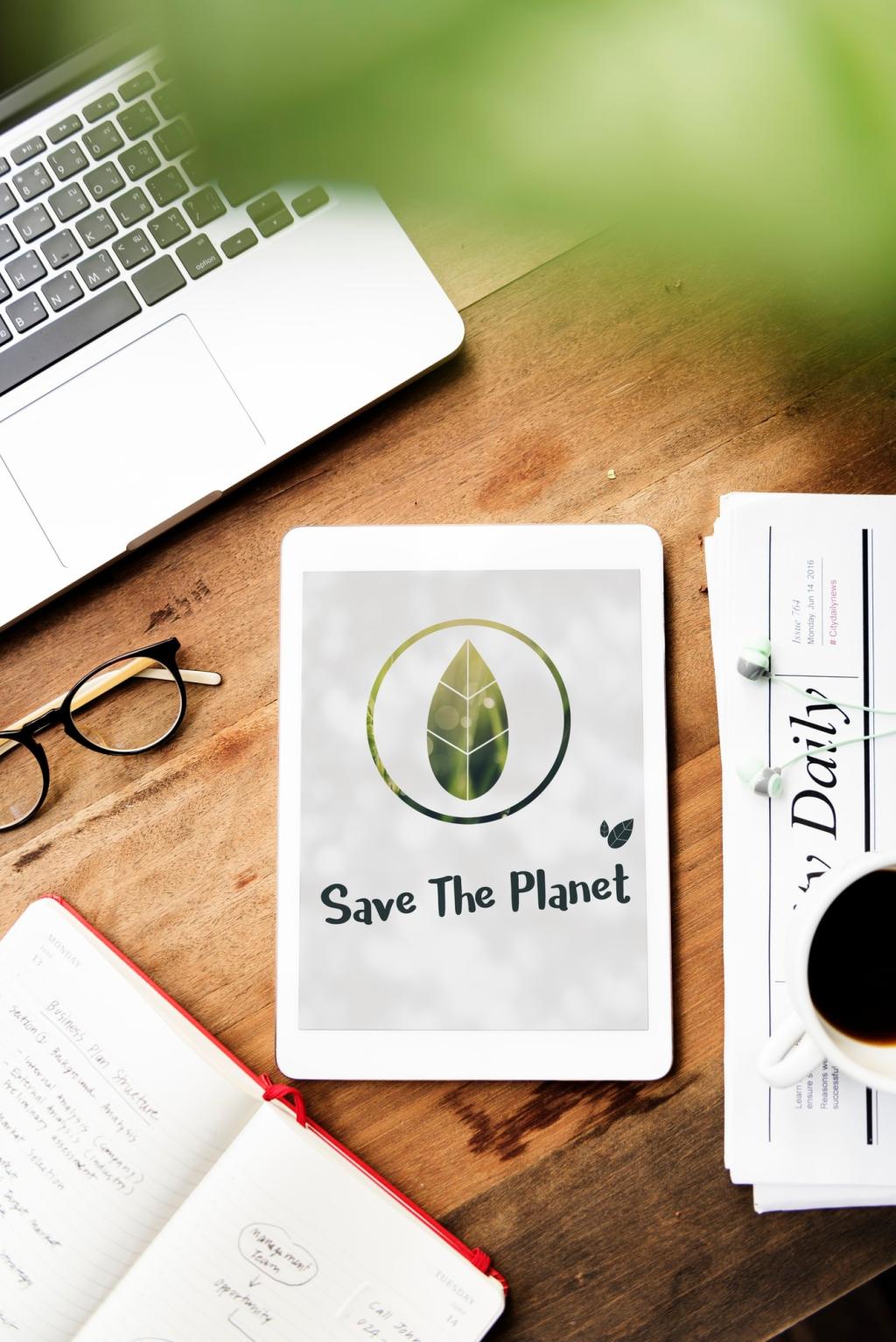
Propose weekly micro-challenges and tag local partners. “Three-day compost sprint—post your jar!” Short, punchy, and fun captions invite comments, shares, and subscriptions that expand your circle of impact.
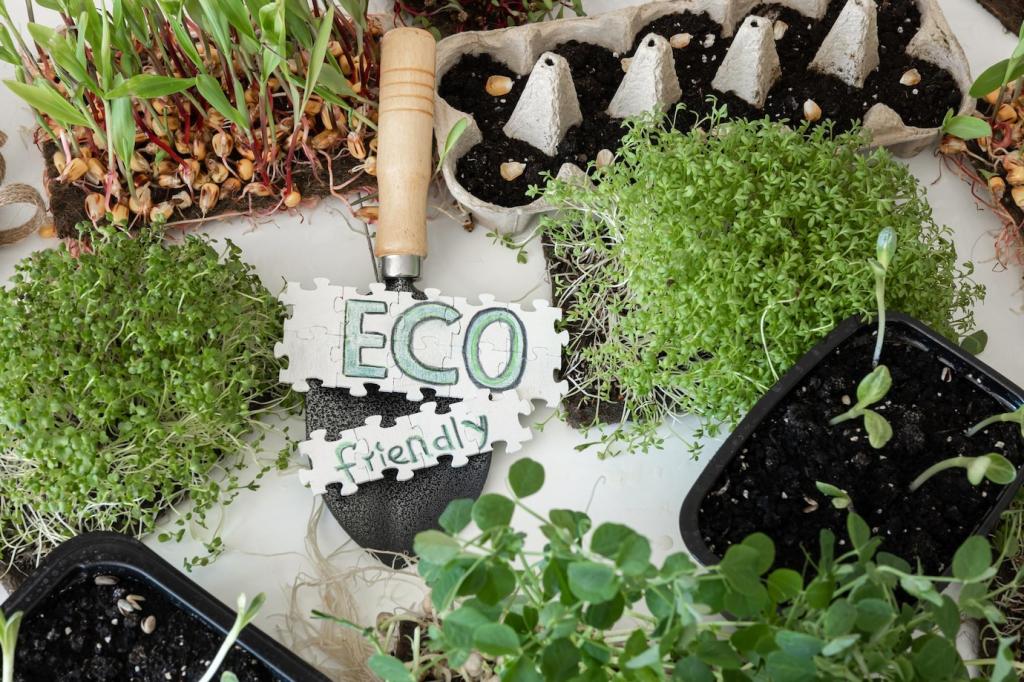
Place sustainability facts near the add-to-cart button. Use icons for materials, end-of-life guidance, and repair options. Link to sources, and invite readers to ask questions in the Q&A for transparency.



